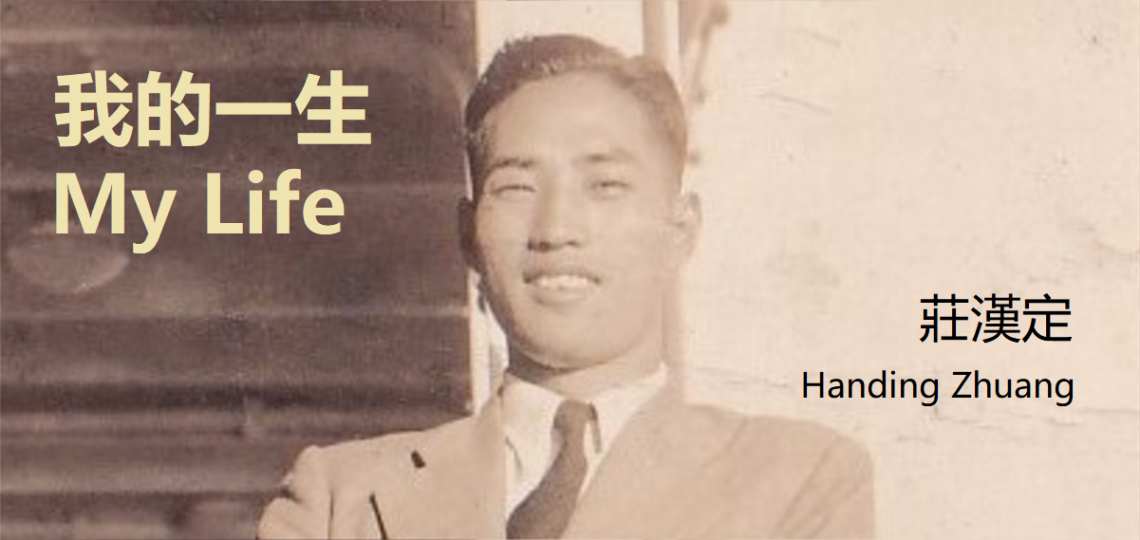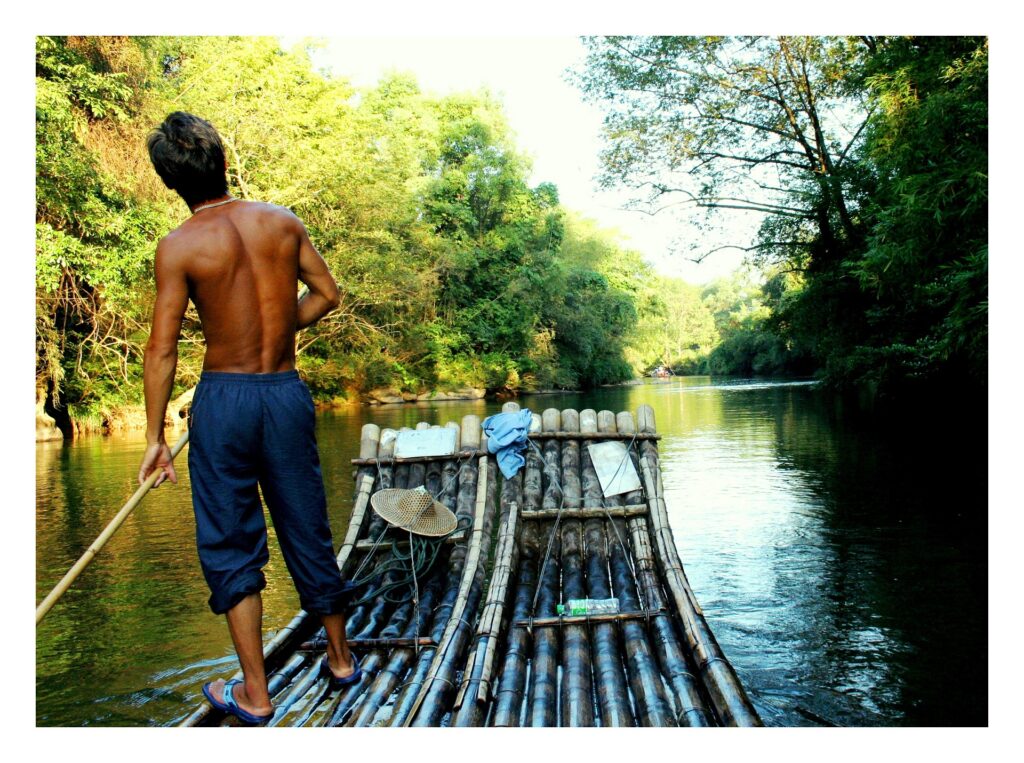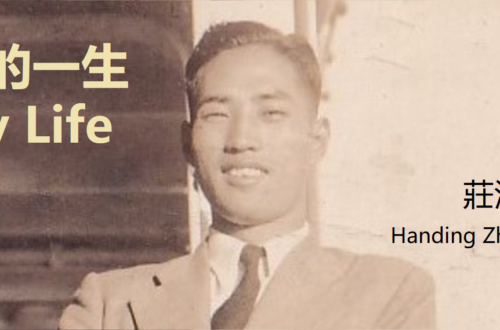
9. Walk Retreat from Bhamo, Myanmar to Baoshan, China in 18 days
Our retreat route, the Yunnan-Burma Highway, was cut off. We talked with a staff member, named Li Huaiyu of the Tengchong Transport Division who was in charge of temporary installation workers from Yunnan. He knew that there was indeed an ancient post road accessible. He was about 50 years old. From his hometown Manyun Town, he had walked to Bhamo to find a job. He was loyal and honest. Thatched Land was the junction of the Bhamo-Myitkyina Highway and the ancient post road. Director Zhao and I had driven a jeep to visit here before. Therefore, before retreating, we were able to ask all personnel to drive to Thatched Land then destroy all the vehicles and walk towards the ancient post road. Some people came first and already left that day. On May 3, 1942, I finally arrived and discussed with Director Zhao and mobilized everyone to push the vehicles into the valley and then pushed them down. Finally, everyone brought something on the road. My colleague brought my belongings to me, I picked up all the suits and coats, packed a bag, put it on my back and started walking.

When we arrived in Tengchong, the Japanese army had already occupied it. We passed through the city overnight, and I threw away a suit and daily necessities to reduce the weight. But the chain bridge on the Nu River was burned down when the third son of Yunnan warlord Longyun fled back to Kunming. We managed to find a bamboo raft to cross the roaring Nu River. Director Zhao passed first. I did not cross the river until the last crossing was nearly evening. Shen Huilin separated from the brigade while climbing Gaoligong Mountain. He and other refugees took a detour for more than a month before arriving in Kunming. When we arrived in Baoshan on May 21, 1942, the heavy air raid bombing had just passed. Fortunately, there was no air attack on the road. We asked for a car from the Baoshan branch. It took us to Kunming three days later.

Image by hyfs2012 from Pixabay
In Yangon, there was a well-known Chinese medicine doctor whose surname was Dai, from Hainan Island. Before the fall of Yangon, the family fled to Bhamo. After Bhamo’s situation changed, Dai’s family fled with us. Fu Hexuan was Dai’s fellow countryman, They met in Yangon, and because Dai’s eldest daughter was about the same age as that of Fu Hexuan, we usually told jokes. Their intentions were unclear. By this day Fu Hexuan had to help take care of Dai’s whole family. Since then, he was delayed on the way. They couldn’t catch up with our brigade, so Fu fled with the Dai’s family to Kunming, about more than a month later than us. When I got married in Chongqing, Fu Hexuan came to congratulate me and he had not gotten married yet. A few years later, I was very sorry to hear that Fu Hexuan had passed away because of illness.
Regarding this experience, when I was working in the Office of the Deputy Representative of the Eastern District of the Ministry of Transportation in 1944, due to not being busy at work, I wrote the novel “Desperate Survival” in my dormitory every night, with a total of about 270 to 280 thousand words. There were some facts and some fictitious. Lacking literary talent, I only know how to write straightforwardly, and because my writing was clumsy and the standard was too poor to publish, my original intention at the time was just to kill time. After retiring, I had time to read it, revised it and copied it again.


您可能也喜欢

18. 以祖训定论「不求金玉贵,但愿子孙贤」
2022-12-09
4. 香港一載 1937年10月至1938年10月 (繁体)
2022-11-29
